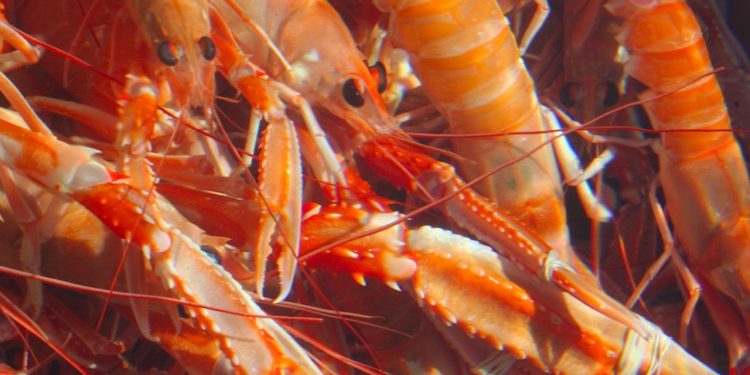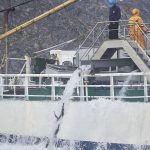There are credible claims of forced labour and human trafficking linked to the UK nephrops Fishery Improvement Project, according to the International Transport Workers’ Federation (ITF), which states it has completed a rigorous investigation with sustainability reporting platforms FishChoice and FisheryProgress.
‘FIPs lack direct and continuous engagement with workers, which is a fundamental requirement for Human Rights Due Diligence (HRDD) – which is now the widely accepted standard for ensuring the protection of rights and the environment in supply chains,’ said ITF Fisheries Section Coordinator Rossen Karavatchev.

‘The current model of FIPs creates market fragmentation, excludes workers and entrenches power imbalances, ultimately undermining trade union organising and worker empowerment.’
Among the claims made public by ITF are that 62 vessels within the FIP have been found to employ migrant fishers without work permits for the UK, while 11 vessels have been reported for forcing fishers to work excessive hours and unpaid overtime, in contravention of the International Labour Organization (ILO) Work in Fishing Convention (C188), a further 14 vessels are involved in withholding or delaying workers’ wages, amounting to wage theft and crew on 12 vessels were subjected to abuse, including bullying and death threats.
ITF’s estimate is that abuses extend to a number of vessels – with some implicated in several categories of abuse – affecting at least 138 migrant fishers working in UK waters.
‘The entire concept of certifying for labour issues at the fishery level is inadequate, ineffective, and risks ‘fairwashing’. What this ultimately means is that UK shoppers are completely unaware that they’re buying and consuming seafood tainted by forced labour,’ commented ITF Fisheries Expert Chris Williams, commenting that FIPs cannot be viewed as providing credible assurances that there are no labour or human rights violations in a fishery and, more broadly, that voluntary measures do not protect workers in the UK fishing industry.
‘We want to see UK scampi on our plates – but we must ensure that it is both sustainable and caught by workers whose rights are respected. To do that, we must end superficial sourcing requirements like FIPs and introduce collective bargaining agreements, Human Rights Due Diligence and other binding agreements with genuine worker representation.’









